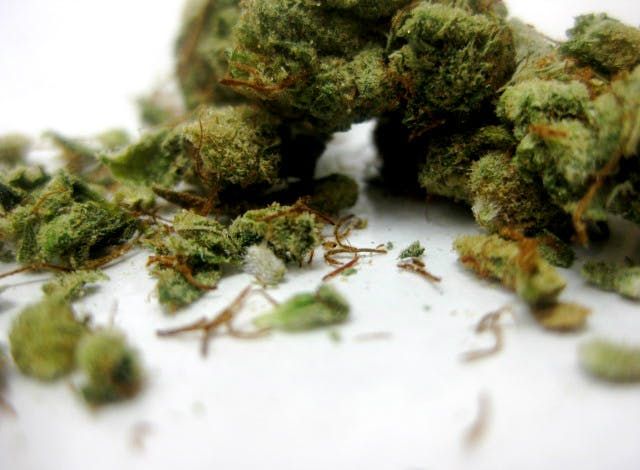THCV, a lesser-known cannabinoid, has gained attention for its potential as an appetite suppressant. Unlike its more famous counterpart THC, THCV may help regulate hunger signals, making it a promising option for those looking to manage their weight.
Tetrahydrocannabivarin (THCV) is a somewhat rare compound that has been called “the sports car of cannabinoids” for its various sought-after properties—including the potential for being an appetite suppressant, anticonvulsant and neuroprotectant. Many have found this unique cannabinoid to be incredibly helpful, and you may as well.
Why Do Patients Use THCV?
Patients use THCV for a variety of reasons, but one of THCV’s most remarkable properties is its ability to suppress appetite. Unlike tetrahydrocannabinol (THC), which is well known for its munchie-inducing effects, THCV has the opposite effect—when consuming THCV, patients are left without much appetite at all. This has made THCV a popular choice among patients looking to lose weight or avoid gaining weight from binge eating after they medicate with marijuana.
As well, researchers say THCV may be especially helpful in treating type 2 diabetes. In one study, THCV was shown to significantly decrease fasting plasma glucose and improve pancreatic β-cell function, adiponectin and apolipoprotein A. This has led the scientists involved in this study to believe that THCV could represent a new therapeutic agent in glycemic control.
THCV is also known to be an anticonvulsant, which could be helpful for patients with epilepsy. As a neuroprotectant, THCV also appears to protect the brain and could thereby potentially prevent or slow the progression of Alzheimer’s disease. Preliminary research also points to THCV supporting bone growth.
That said, the reason why some patients consume THCV is simply due to its highly energetic and euphoric effects. Patients with anxiety, depression or post-traumatic stress disorder (PTSD) often find the cannabinoid to be a helpful day-time medicine, as it uplifts and energizes sans the paranoia-inducing effects of THC.
Combining THCV With THC for a Less Intense, More Clear-Headed High
It’s rare to find THCV in its pure form. Most cannabis strains and products that contain this particular cannabinoid also have a fair bit of THC. That said, researchers have found that many of THCV’s benefits still come through even when combined with THC. In fact, THCV can actually dampen or alter THC’s high, eliminating many of its negative side effects.
In one study, scientists gave subjects doses of both THC and THCV together. While those using THC alone had negative side effects like increased psychotic symptoms, paranoia, delayed verbal recall, elevated heart rate or impaired short-term memory, those using both THC and THCV had no such effects.
Like cannabidiol (CBD), THCV appears to have the ability to decrease the negative effects of THC, all while maintaining many of its powerful medicinal effects. Unlike CBD, however, those using THCV with THC still experience a powerful psychoactive high. Folks, however, describe a more clear-headed, less intense high when ingesting THCV and THC together.
Negative Side Effects of THCV
While THCV has many benefits, there are still those who may experience negative side effects when consuming it. Of course, what one may perceive as a negative effect may very well seem a positive for another person. The most notable effect of THCV is its psychoactive high, which—like THC—may leave some patients feeling less functional than they’d like. For those looking to avoid any kind of high, THCV is probably not the right choice. These patients should avoid THCV and look to CBD or tetrahydrocannabinolic acid (THCA) instead—both of which have little to no psychoactivity.
It’s also possible that a patient may not want or need to suppress their appetite. Cannabis is often used for patients dealing with conditions—such as cancer, HIV or GI issyes—that cause a loss of appetite. For these patients, the appetite-inducing effects of THC might be the main reason they consume cannabis, so THCV would only make their condition worse.
Those using marijuana for sleep and sedation may also find THCV’s effects to be too energetic and stimulating. While THC can be moderated by terpenes such as myrcene to create a more sedative effect, THCV isn’t affected by this terpene in the same way. As it may be difficult to sleep or come down to a more drowsy state after using THCV, it’s usually best used as a daytime medicine.






